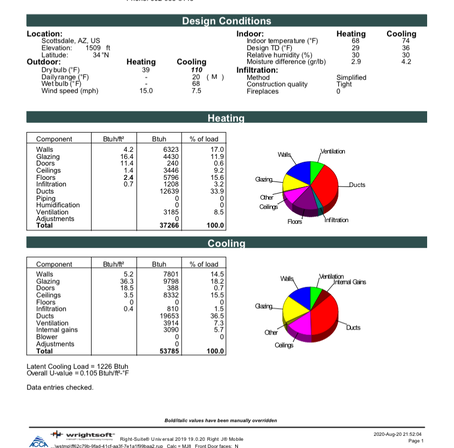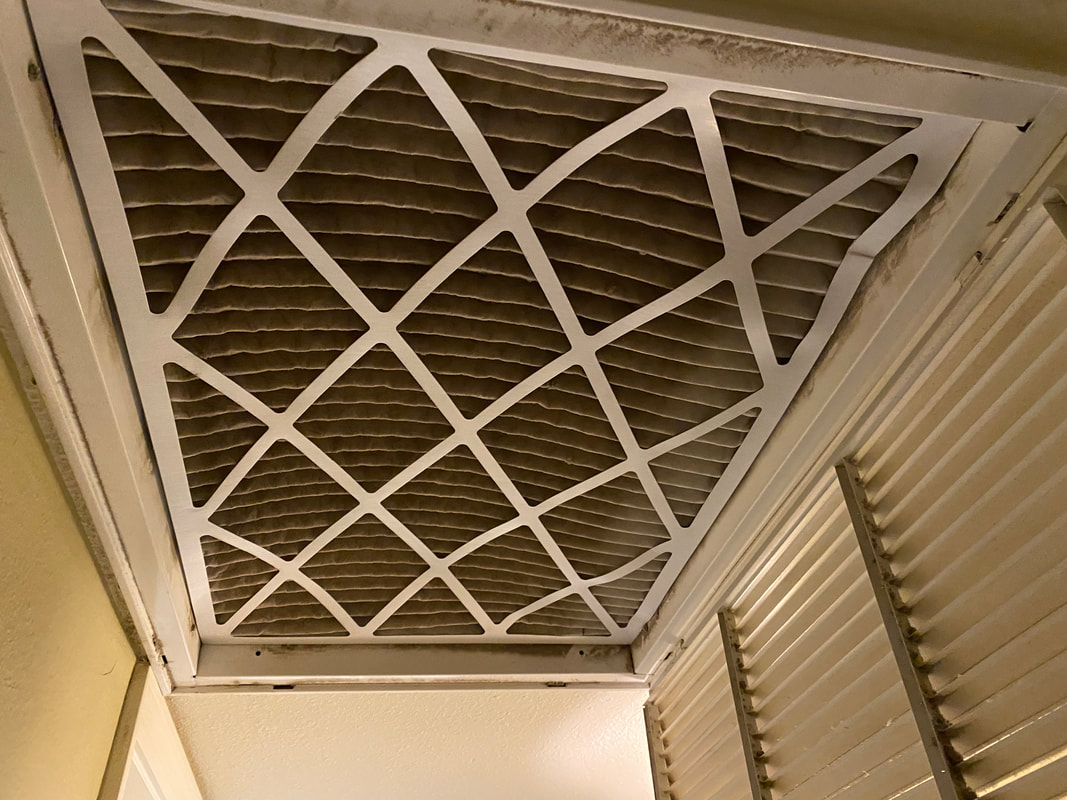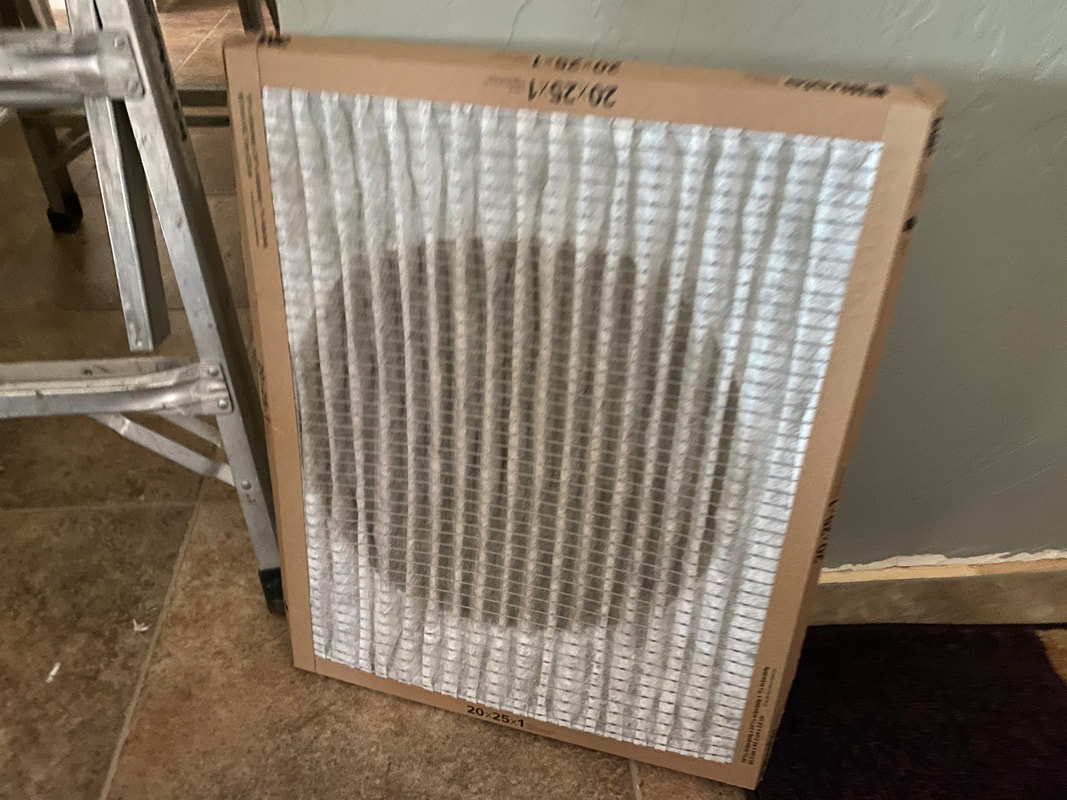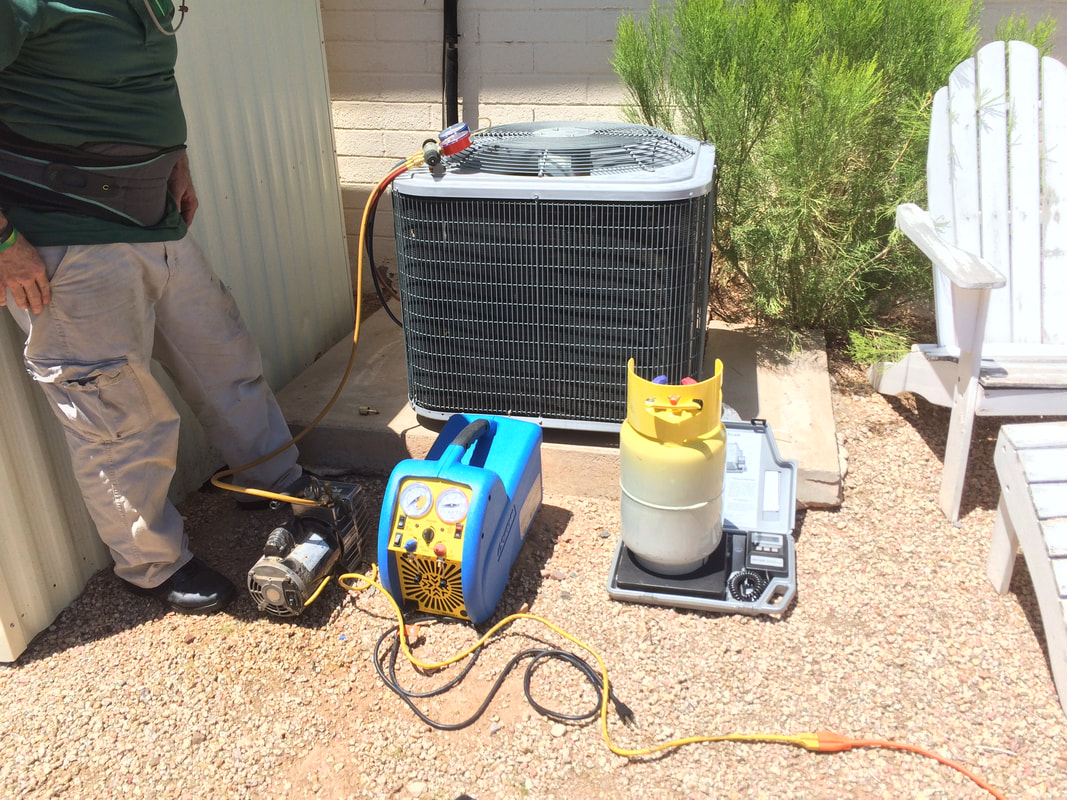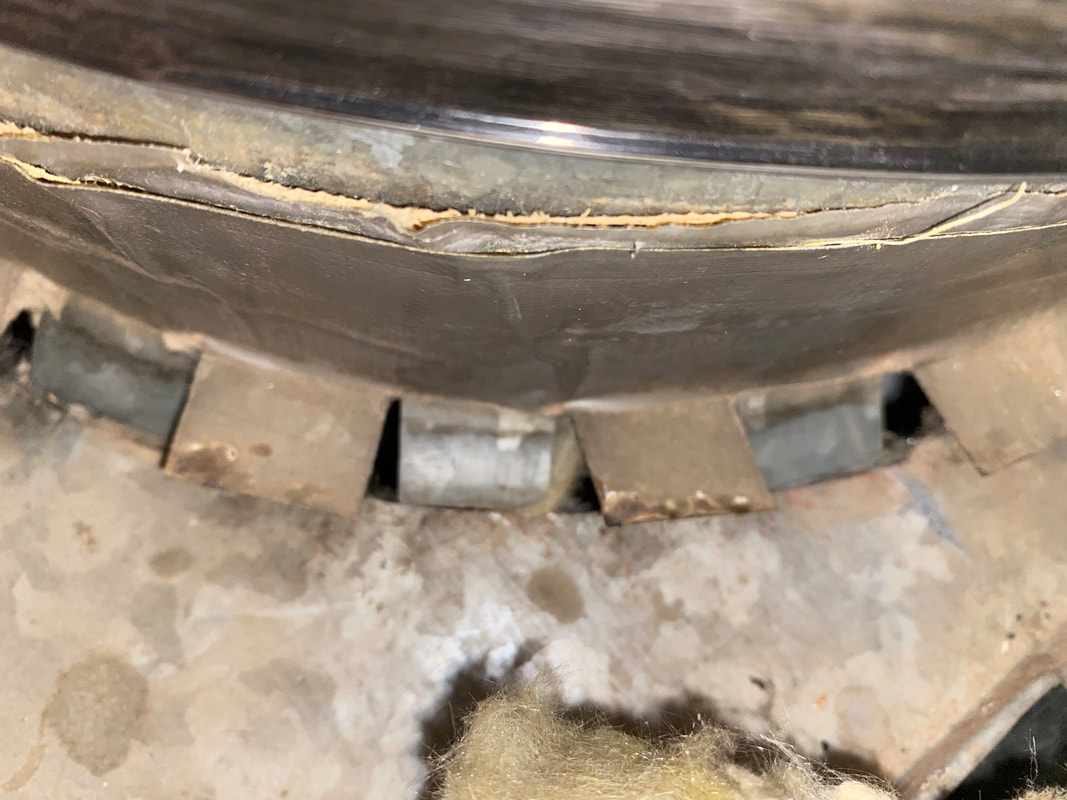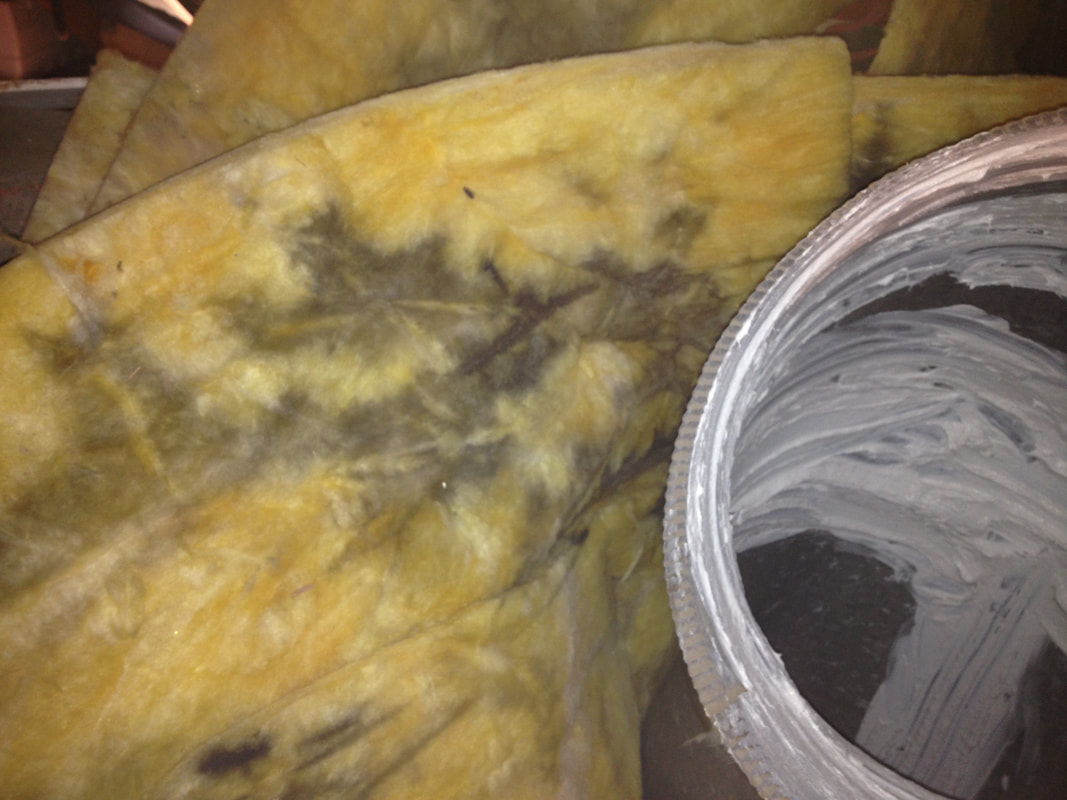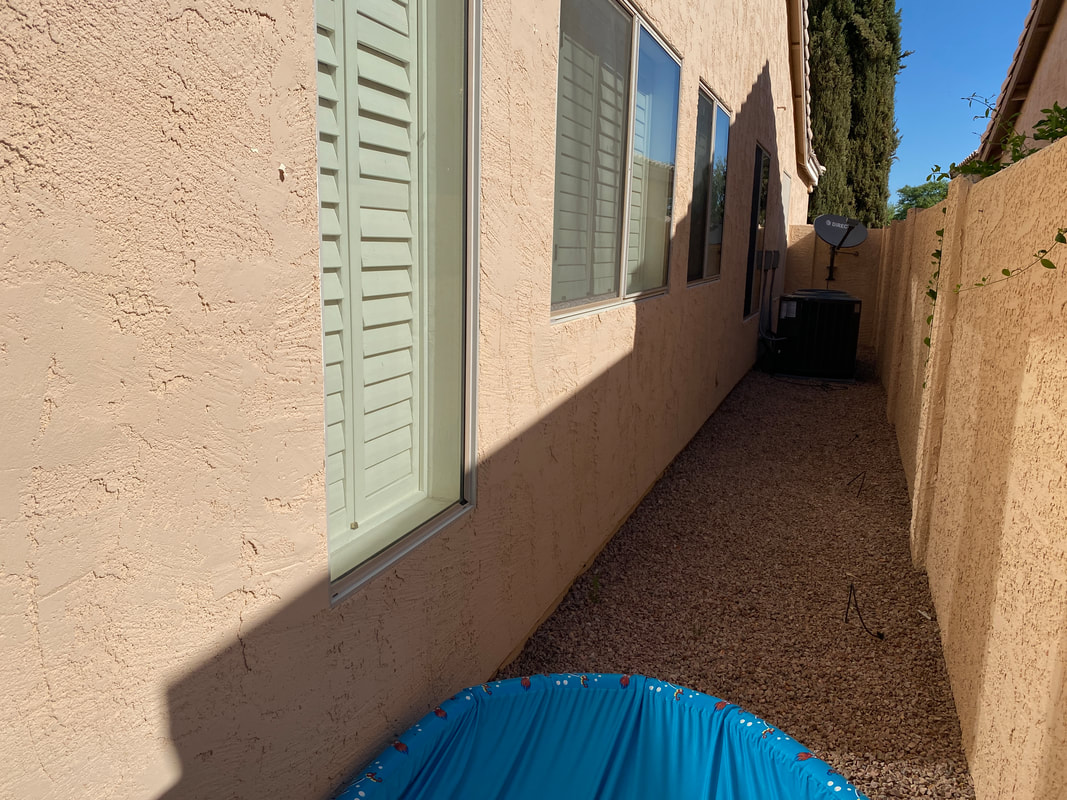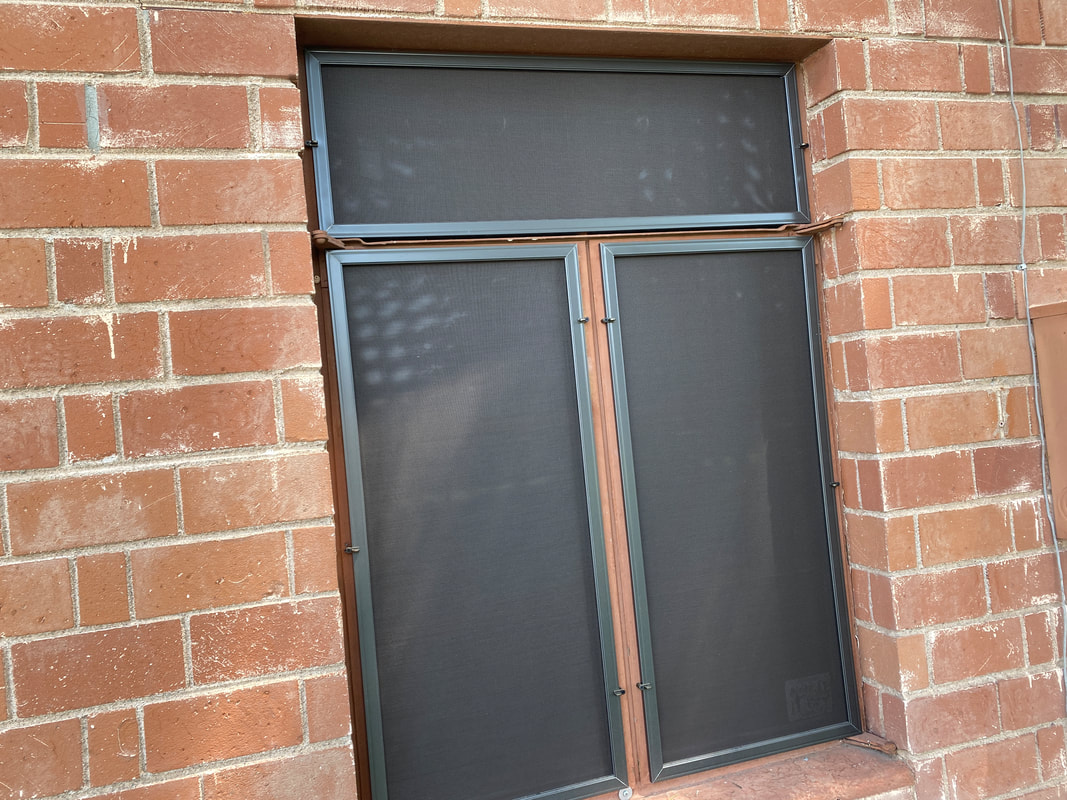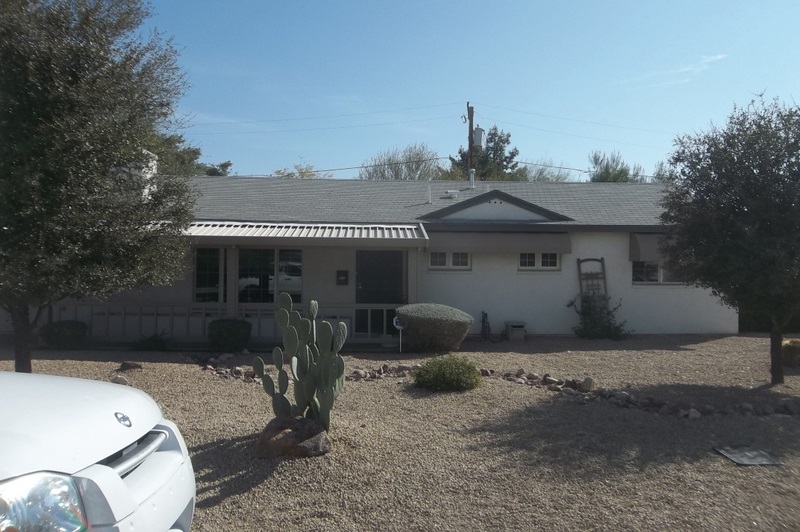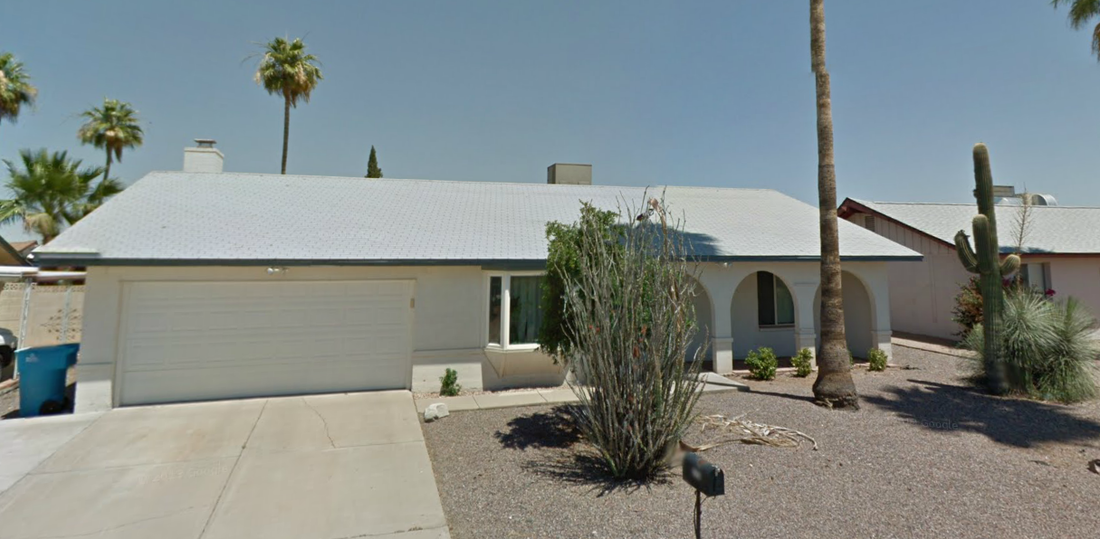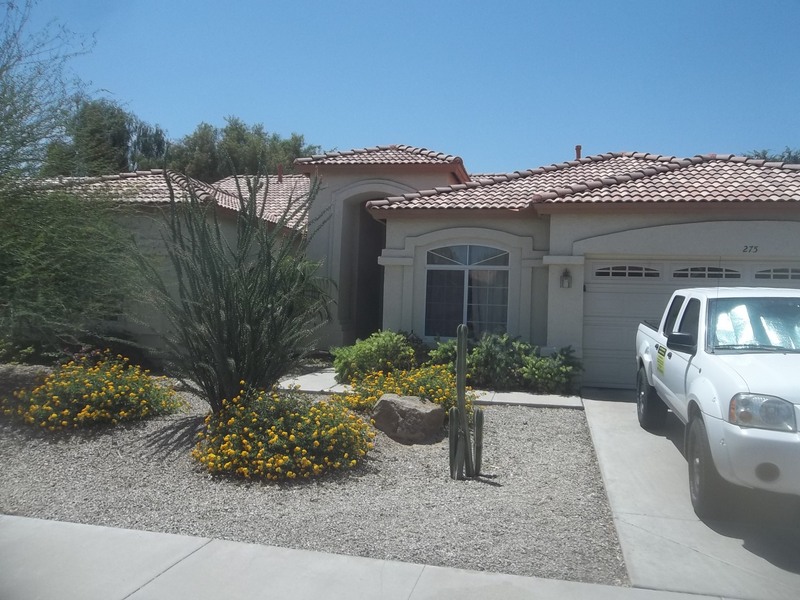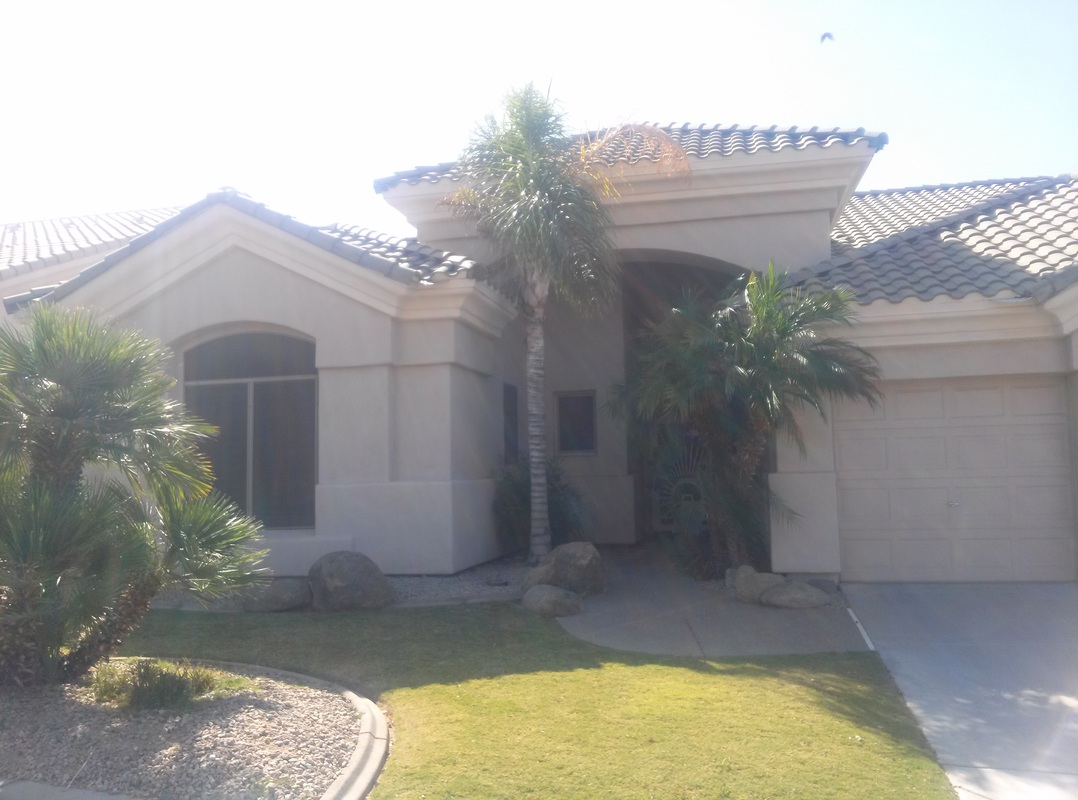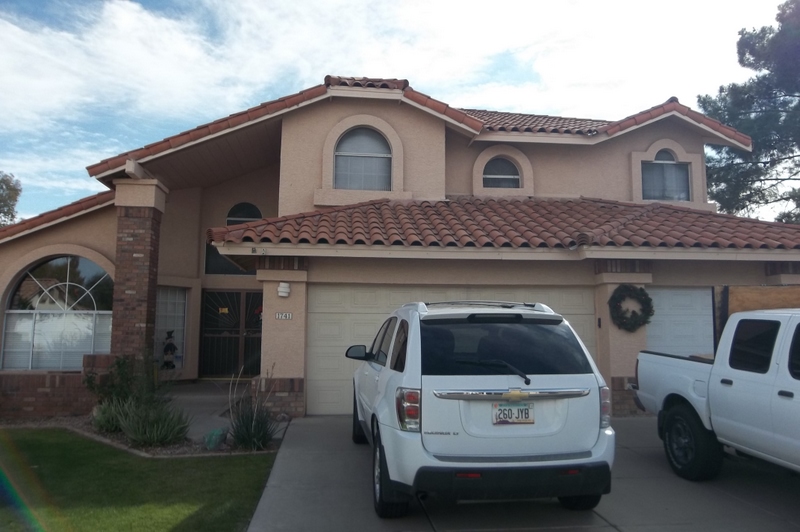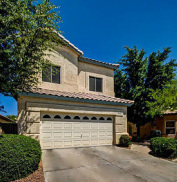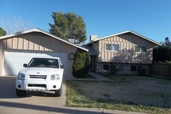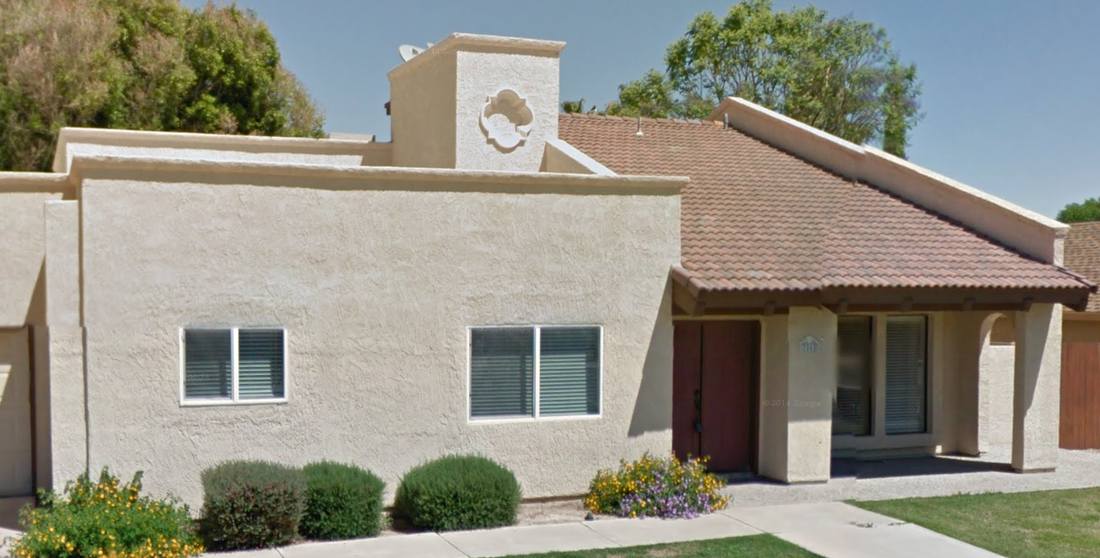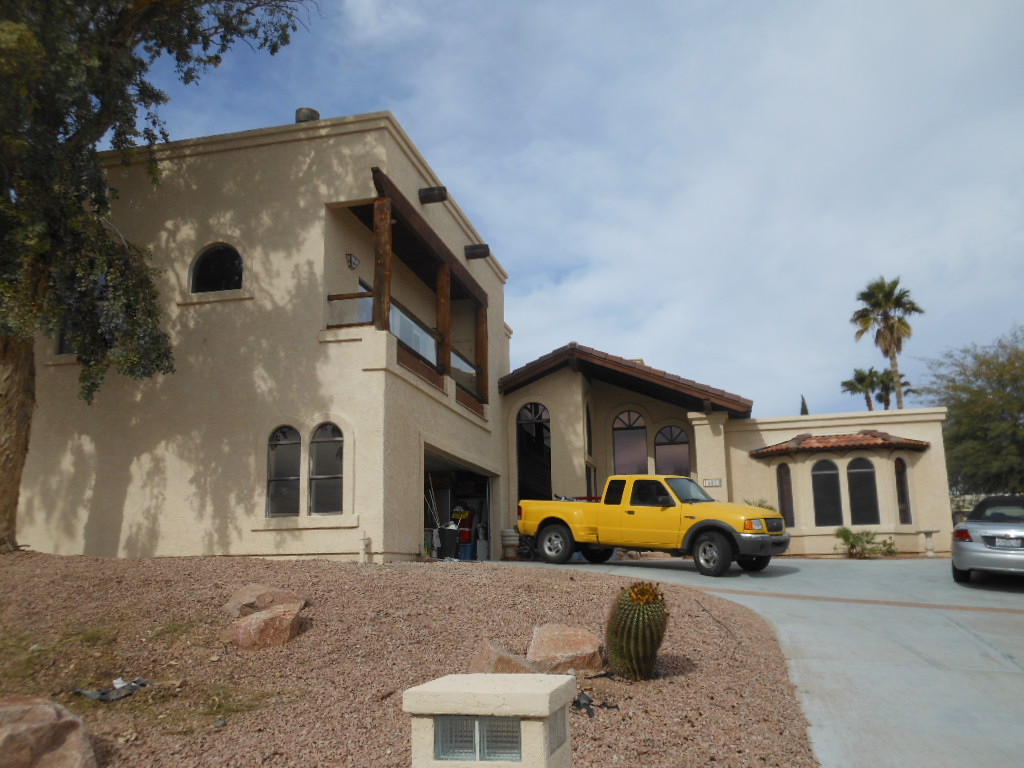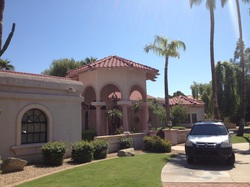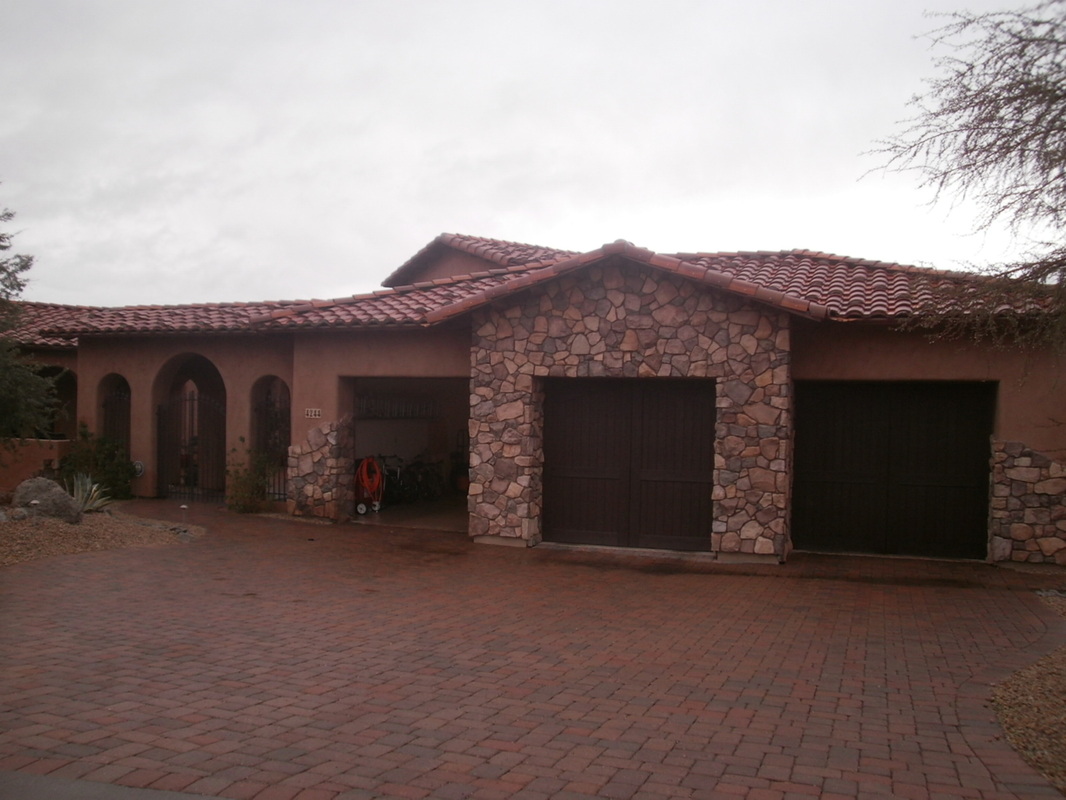|
It can be shocking to find that your air conditioner can’t keep up in the summertime and sometimes even rises in temperature during the hottest part of the day. It can be hard to tell if you’re AC system is running right, if your AC is broken, or if you have another issue with duct leakage or insulation. In this post will explain what can be causing your air conditioner to not cool the house properly even if you have a new, high-efficiency AC system. If you’re like many of us in Phoenix Arizona we have a low humidity, dry heat for 10 months out of the year. But every July and August comes our monsoon season which brings the occasional rain and more importantly humidity into Phoenix. If you’re finding that your air conditioner cannot cool the house until the middle of the night when it’s the coolest and sometimes it even rises when you have the temperature set low but it works fine the other 10 months out of the year I’ll explain the possibilities in this post. Common Misconceptions About New Air Conditioners Some common misconceptions about air conditioners are that higher efficiency units are going to give you more air or cool the house better. It’s true that the high-efficiency units cost less to operate and can lower your energy bills but what’s not true is that a new air conditioner will give you more air or cool your home better. What many air-conditioning companies get wrong is that:
The Truth About New Air Conditioning Systems.. the Dirty Little Secret About New Air-Conditioning Systems Every manufacturer has multiple options for new AC systems and each option has different capacities. This is important because you may currently have a true 5 ton, or 60,000 BTU air conditioner now but with manufacturers cutting cost they will offer distributors 5 ton systems that it only give 55,000 BTUs of capacity which is almost a half a ton lower than what you have now currently. This is something that you may never know for your sales rep may not know because this is the only unit that the company offers. It may also be the only unit that fits in your attic space or closet. A good air conditioning installer will not compromise the capacity of the air conditioner because we know that if you’re used to having 60,000 BTUs of air delivered and we put a new system and that only delivers 90% of that we’re likely to have problems in callbacks. Problems With Existing Air Conditioners That Make It Struggle To Keep Up Undersized System. Although we advocate a properly sized AC unit, I’ve seen more and more builders on new construction homes install the wrong size AC unit or even undersize the AC system. While this can happen on an existing home, I’ve seen it more often on new homes. Builders must use a Manual J calculation to size the AC system correctly but that calculation highly depends on the inputs and assumptions the AC contractor uses. If they put you will only cool your home to 78 degrees and you want it at 76 degrees, the AC unit is going to struggle to keep up. If the correct orientation of the house is not chosen, you may have more heat gain than the AC system is designed for. I have seen both of these issues happen in brand new homes. Restriction Causing Poor Airflow. A restriction can be from a dirty filter, clogged filter dryer, dirty condenser coil or dirty evaporator coil. Each of these problems will cause lower than normal airflow and poor AC performance. The easiest thing you can do is to change your AC filters every month or two, even if the recommended changing time is three months. If you notice your filter dirty, it’s time to change it. Freon Leak. If your AC system keeps needing a recharge of freon every year, there are several ways to identify and find a freon leak. A dye can be added to help identify a freon leak which glows under a UV light, a nitrogen pressure test can be used to hear and feel where the leak is occurring and the easiest method of finding a freon leak is having an experienced technician knowing the most common locations for leaks and performing a visual inspection. Letting a freon leak happen can damage the compressor overtime and shorten the life of the system. Freon Overcharging or Contamination. If you have had a freon leak where an A/C company had to add freon and now you’re having cooling issues, you’re system may have been overcharged. This is a common mistake and can be hard to diagnose for the untrained technician. Too much freon can cause liquid to flood the coil and damage the compressor. A contaminated freon charge will cause temperatures to flucate and may also damage the compressor. Why Your Air Conditioner Won’t Cool The House If your air conditioner finally works and seems to lower the temperature during the middle of the night but struggles and actually rises during the daytime then you’re likely having issues with humidity during the monsoon season. The humidity will make an air conditioner work much harder and can struggle to keep up. This is more and more common with systems that are slightly undersized or even sized with razor thin margins as is becoming more and more popular now. In the past contractors would purposely oversize a system but that led to a number of problems including high energy bills, more ware on the compressors from short cycling, and comfort issues. However, and I hate to say this the only thing good about an oversize system in Phoenix is doing the monsoon season it is better at removing the humidity and keep in the house at a comfortable temperature more consistently then if your system is undersized or on the borderline. The inconvenient truth is that you may have to suffer during the two months out of the monsoon season while your air conditioner struggles to keep up and there may be absolutely nothing wrong with your system, it may be charged correctly and all the components operating within specifications. Why The Second Floor Is Hotter Than Your First Floor If you have noticed the rooms on your second floor are much hotter than the first floor we have dedicated an entire blog post to shed light on the causes and potential fixes for the uneven temperatures. The main causes have less to do with your air conditioner’s performance and more to do with the ductwork, insulation and airflow. This is where an energy audit will really shed light on what the causes are and offer the best solutions compared to having an AC contractor tell you to add another return or that you need a new unit, a window person try to sell you all new windows and an insulation contractor perform and “blow-and-go”. How To Stretch Out Your Air Conditioner's Performance If you're stuck with you got, there are some ways to give your AC system a nudge in the right direction and the good news is that it may be enough to push you over the top and finally fix your AC system from not keeping up with the thermostat settings. 1. Sealing The Ductwork To Make Your Air Conditioner Perform Better In Phoenix, sealing your ductwork is the most cost effective upgrade you can do and one of the most common problems we find in homes 15 years or older. SRP estimates that Phoenix homes loose about 20% of their air into the attic through duct leaks. SRP even offers a good rebate to seal the leaks up because they know it’s a cost effective upgrade. Imagine getting 20% more air into your home just by sealing the duct leaks, it’s pretty significant. Have Green ID perform a duct leakage test and energy audit on your home today to find out where you’re leaks are coming from and qualify your home for the SRP duct sealing rebate. 2. Size Your Ductwork Right To Make Your Air Conditioner Perform Better Along with sealing the ductwork, returns that are too small is the next lower hanging fruit upgrade that will help your air conditioner perform better. I wrote an article about Why Phoenix Is Called the Land Of No Return to help get contractors to start upsizing and adding second returns in homes. What happens is homes is a 4 ton air conditioner is installed for example, but the ductwork is only sized to handler 3 tons of air. Now your 4 ton A/C system is acting like a 3 ton system but you’re paying the energy costs for the full 4 tons. 3. Add More Insulation To Make Your Air Conditioner Perform Better If you have a block wall home, consider injecting a closed cell spray foam in the sun struck block walls to reduce the heat gain on those walls. Block walls have no insulation in them, making them radiate heat well into the night in the summer. When it comes to attic insulation, even new homes are underinsulated. Adding more insulation to the attic can help keep the cool air in your home much longer. If you have fiberglass batt insulation on a home built in the 1990’s, your insulation will be like there’s almost nothing up there because it’s likely installed wrong. 4. Use 90 % Shade Screens To Block Windows That Get More Than Two Hours Of Direct Sunlight. Don’t be surprised that windows get more heat gain coming into your home than from the attic in Phoenix! Using shade screens is more cost effective and effective approach than replacing old leaky windows. A common misconception is that leaky windows are the cause of high energy bills and that replacing old windows will fix comfort issues. This couldn’t be further from the truth. Save yourself thousands and install shade screens before replacing old windows. On a side note, we do recommend replacing windows for ascetics or sound proofing but just be cautious if you are replacing windows for energy savings and comfort that we have seen many disappointed customers over the years. These energy efficiency upgrades above are more cost effective and give you a bigger bang for your buck than doing a full HVAC replacement prematurely. While a new AC system may have some benefits and offer peace of mind, it’s not always the best solution to help your AC cool your home better.
2 Comments
|
Sign Up For Your Home Energy AuditFIND YOUR HOME TYPERanch HomesSingle Story, Spec HomesTwo Story, Spec HomesTri-Level HomesPre-1990 Custom HomePost-1990 Custom HomeDon't See Your Home? Find Your City Below!Archives
April 2024
Copyright Notice©2009 – 2023
All Rights Reserved |


